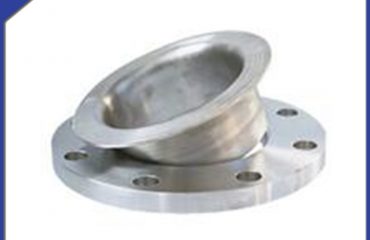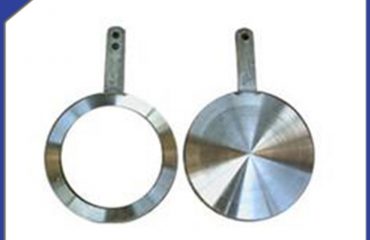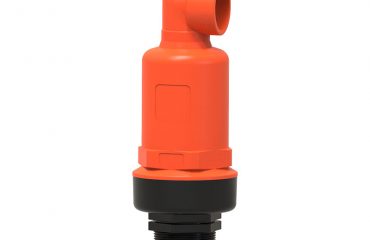Must stainless steel bolts be used for stainless steel flange?
There are often many owners who force the contractor to rectify the stainless steel flange by selecting carbon steel or alloy steel bolt, but the Contractor’s numerous grievances are hard to explain. But is it really hard to explain?
Actually, it’s a good explanation
1. Article 5.8.7 of gb50316-2000 (2008) code for design of industrial metallic piping: under severe cyclic conditions, alloy steel data shall be selected for bolts or studs for flange connection.
Under the condition of severe circulation (it refers to the situation where the internal stress of the pipeline changes a lot, such as reciprocating compressor pipeline, PSA separation, etc.), if high-strength alloy steel bolts are not selected, low-strength bolts such as stainless steel are selected, according to the fatigue theory.
Because the strength of stainless steel bolt is low and the allowable cycle times are small when the alternating stress fluctuates greatly, the long-term use of stainless steel bolt will lead to the serious risk of sudden fatigue fracture.
2. Article 4.0.1 and 4.0.2 of steel pipe flange fasteners (Hg / t20634-2009) clearly indicate that the common 304 and 316 stainless steel bolts complying with GB / t1220 standard are low-strength bolts, which can only be used for cl150 / cl300 flange matching with non-metal flat gasket.
The reason is that: the low strength bolt can bear limited preload, and the flange with high pressure level and high rigidity or the semi metal and metal gasket with high hardness may not achieve the sealing effect due to insufficient preload when matching with stainless steel bolt.
3. Article 3.3.7 of Hg / t20635-2009 regulations on selection and matching of steel pipe flange, gasket and fastener: low strength fastener is only used for flange joint with nominal pressure ≤ cl300 and non-metallic flat gasket, which should not be used in severe cycle condition.
4. When the alloy steel bolt is delivered, it has been coated with antirust oil, which can block the direct touch with the stainless steel flange. For the flange, we need its strength and rigidity (that is, the thickness of the flange plate and the thickness of the flange neck).
The weak corrosion of alloy steel bolt and stainless steel flange will not have any impact on its service performance. Only when the steel pipe and pipe fittings are sealed, we should strictly prevent the direct touch of stainless steel and other steel.
5. In view of the above four points, most of the domestic design institutes have completely abandoned the selection of stainless steel bolts in their general data design regulations and data grade table.
This article is finished by stainless steel flange, which does not represent the viewpoint of this station.
 Language
Language Espanol
Espanol English
English Italian
Italian عربى
عربى
 Skype: chinamaker99
Skype: chinamaker99  Tel: 86-316-5120812
Tel: 86-316-5120812 Email:
Email:  Whatsapp:
Whatsapp: 

